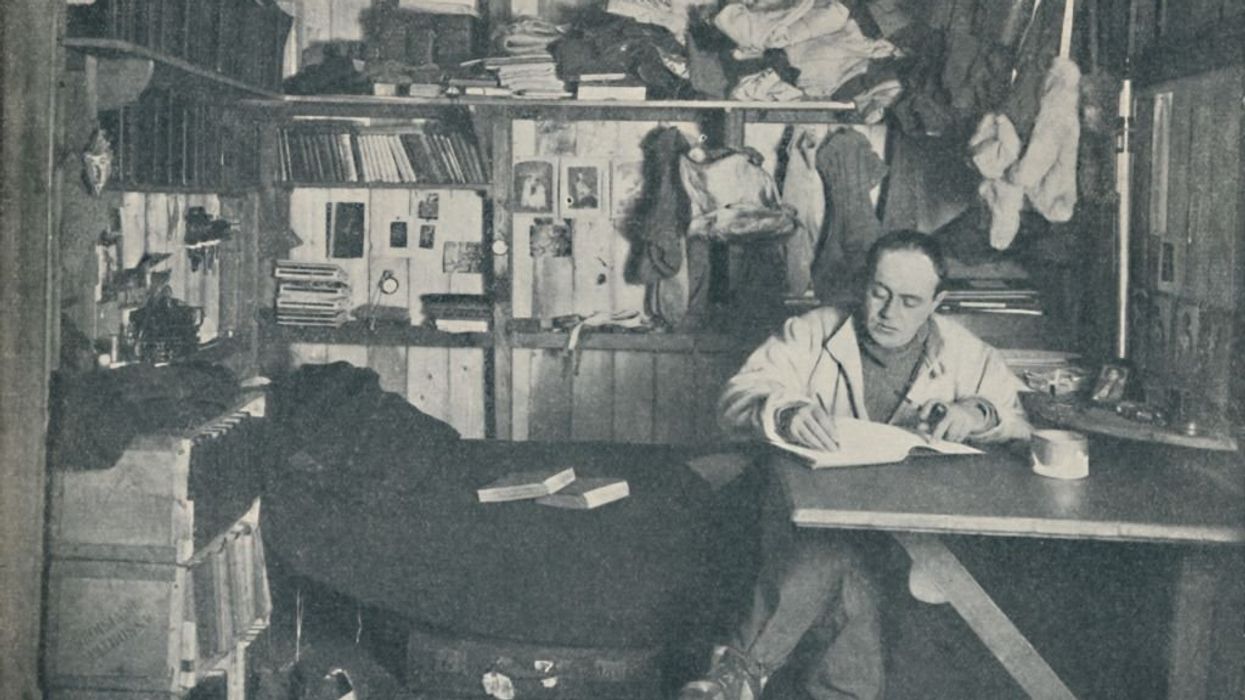The nation's largest association of registered nurses on Friday blasted the Centers for Disease Control and Prevention for providing substandard guidelines for protecting nurses against Ebola, and called on the federal government to set national standards to keep nurses safe.
Deborah Burger, co-president of National Nurses United, was one of several witnesses scheduled to appear at Friday's House Oversight Committee hearing on the nation's response to Ebola.
 Pedestrians pass the Bedford Avenue L Subway station in the Williamsburg neighborhood of Brooklyn that was visited by Craig Spencer, a Doctors Without Borders physician who tested positive for the Ebola virus on Thursday. Spencer recently returned to the city after treating Ebola patients in West Africa. (AP Photo/John Minchillo)
Pedestrians pass the Bedford Avenue L Subway station in the Williamsburg neighborhood of Brooklyn that was visited by Craig Spencer, a Doctors Without Borders physician who tested positive for the Ebola virus on Thursday. Spencer recently returned to the city after treating Ebola patients in West Africa. (AP Photo/John Minchillo)
Her testimony was scheduled just hours after a doctor tested positive for Ebola in New York after working in Guinea. That case raises the prospect that nurses working to save him could contract the virus, just as two nurses did in Texas as they treated Thomas Duncan, who passed away earlier this month.
Burger said the CDC and other federal authorities have so far offered inconsistent advice on how to protect nurses, and said that has translated into varying standards at different hospitals across the country.
"The response to Ebola from US hospitals and governmental agencies has so far been dangerously inconsistent and woefully inadequate," she said in her written remarks. "The lack of mandates in favor of shifting guidelines from multiple agencies, and reliance on voluntary compliance, has left nurses and other caregivers uncertain, severely unprepared and vulnerable to infection."
As one example, she noted this week's new CDC guidelines on Ebola don't acknowledge the "very real possibility" that unexpected diarrhea, vomiting, hemorrhage, coughing or sneezing might create aerosols that contain Ebola.
"Why do the updated guidelines issued this week by the CDC allow 'fluid‐resistant' gowns and aprons rather than specifying a full‐body hazmat coverall impermeable to all body fluid, blood, and viral agents to ensure
optimal protection of healthcare workers?" she asked.
She said the CDC is also silent on when nurses should start wearing personal protective equipment when caring for patients who might have been exposed to Ebola.
Burger said these sorts of uncertainties are making it even harder for nurses to protect themselves in hospitals that are already vastly underprepared to handle Ebola. She said a recent survey done by her group shows that 85 percent of registered nurses say they are not prepared to deal with Ebola patients.
Additionally, 68 percent of nurses say their hospitals haven't communicated any policy at all on Ebola patients, and 41 percent say their hospitals don't have plans to create isolation rooms for these patients.
Burgers said hospitals will not take the required steps until the federal government issues a clear set of guidelines, and said her group has pushed both the Obama administrate and Congress to adopt a standard.
"[O]ur long experience with U.S. hospitals is that they will not act on their own to secure the highest standards of protection without a specific directive from our federal authorities in the form of an Act of Congress or an executive order from the White House," she said.
"You should not expect RNs to treat any highly infectious disease without optimal preparation and protection," she added. "Give us the tools, we will contain Ebola. All we ask from President Obama and this Congress is: Not one more infected nurse."

 Pedestrians pass the Bedford Avenue L Subway station in the Williamsburg neighborhood of Brooklyn that was visited by Craig Spencer, a Doctors Without Borders physician who tested positive for the Ebola virus on Thursday. Spencer recently returned to the city after treating Ebola patients in West Africa. (AP Photo/John Minchillo)
Pedestrians pass the Bedford Avenue L Subway station in the Williamsburg neighborhood of Brooklyn that was visited by Craig Spencer, a Doctors Without Borders physician who tested positive for the Ebola virus on Thursday. Spencer recently returned to the city after treating Ebola patients in West Africa. (AP Photo/John Minchillo)


